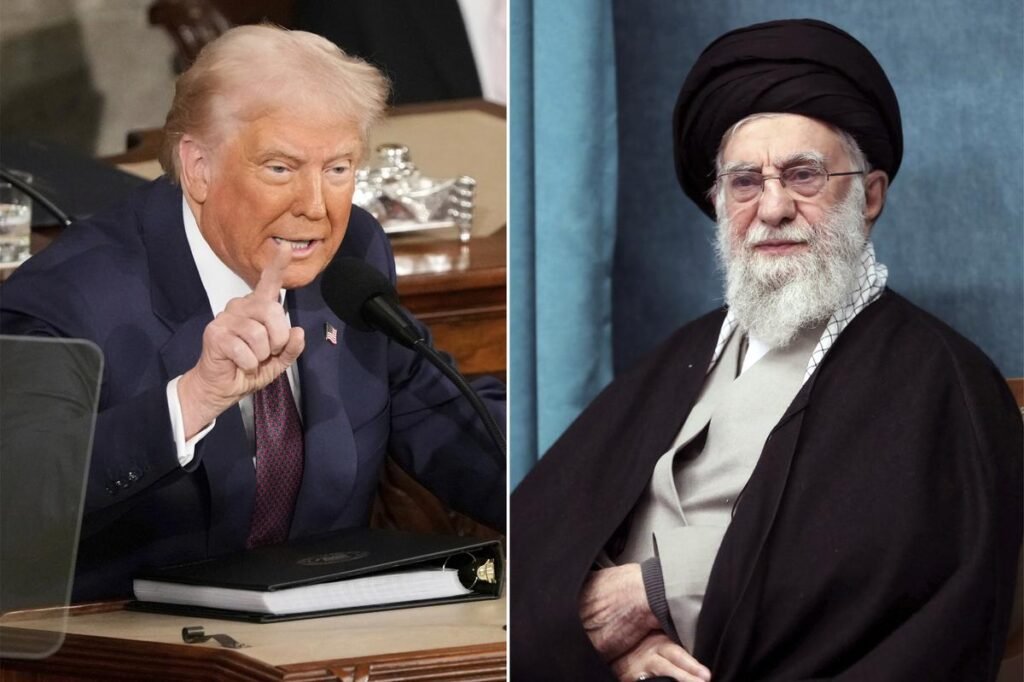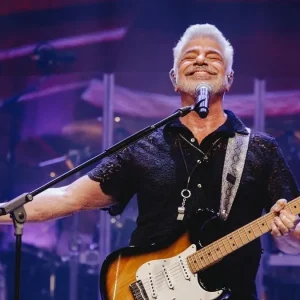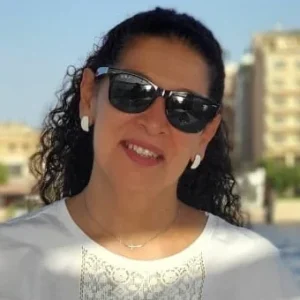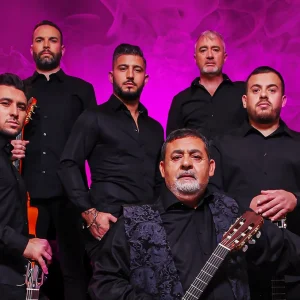In a significant clarification of its diplomatic posture, the Iranian government has firmly denied former U.S. President Donald Trump’s recent claims that Tehran had engaged in direct nuclear talks with Washington. Instead, Iranian officials have reiterated that any ongoing dialogue related to nuclear negotiations is being conducted through indirect channels — specifically with the mediation of the Sultanate of Oman.
This statement not only pushes back against Trump’s assertions but also reinforces Iran’s consistent diplomatic strategy of using intermediaries for negotiations with the United States, particularly in the post-2018 environment after the U.S. unilaterally withdrew from the Joint Comprehensive Plan of Action (JCPOA).
The Context: Trump’s Claims and Iran’s Response
In a recent speech during his campaign trail, Donald Trump claimed that Iran had resumed direct nuclear negotiations with the United States, suggesting that the revival of talks was a consequence of his earlier policies of “maximum pressure.” Trump framed this narrative as a validation of his confrontational approach to foreign diplomacy.

However, Iranian foreign ministry spokesperson Nasser Kanaani quickly dispelled these remarks. Speaking to the press in Tehran, Kanaani stated:
“There are no direct negotiations with the United States. The format remains indirect, and Oman continues to facilitate these channels.”
Kanaani emphasized that while Iran remains open to diplomatic solutions, the route for such discussions is clear and has not deviated from established protocols. The rejection of Trump’s remarks is not merely a correction of fact, but also an attempt to assert control over how Iran’s diplomatic engagements are portrayed on the global stage.

The Role of Oman: A Trusted Mediator
The Sultanate of Oman has long played the role of a discreet and reliable intermediary between Iran and Western nations, particularly the United States. With a longstanding tradition of neutrality and quiet diplomacy, Oman has earned credibility from all parties involved in regional and global conflicts.
It was Oman that initially helped broker the secret talks leading to the 2015 nuclear agreement between Iran and the P5+1 nations. That legacy continues today as Muscat once again facilitates messages, proposals, and responses between Washington and Tehran amid increasing tensions and uncertainty.
Iranian officials praised Oman for its constructive diplomacy and reiterated their appreciation for the country’s efforts to maintain regional peace and stability. Oman’s geographic and political position enables it to serve as a bridge between Iran and its adversaries without compromising on sovereignty or siding with any particular bloc.
The State of Nuclear Talks: Where Do We Stand?
After President Trump withdrew from the JCPOA in 2018 and reimposed sweeping sanctions on Iran, the deal’s collapse led to a significant increase in tensions. Iran responded by gradually reducing its compliance with the nuclear limits established in the agreement. Uranium enrichment was scaled up, monitoring mechanisms were curtailed, and regional proxies became more active in asserting Iran’s influence.
When President Joe Biden took office in 2021, hopes of reviving the deal resurfaced. However, several rounds of indirect negotiations, primarily facilitated through European and Omani channels, have failed to yield a lasting agreement. While there have been temporary understandings on nuclear enrichment limits and prisoner exchanges, a comprehensive revival of the JCPOA remains elusive.
The current status of talks remains fragile. Both Iran and the United States have expressed conditional willingness to re-engage, but deep mistrust and geopolitical complications — including the war in Ukraine, tensions in the Strait of Hormuz, and Iran’s support for regional militias — complicate progress.
Why Indirect Talks Matter
Iran’s insistence on indirect talks has both strategic and symbolic significance. Engaging in direct negotiations with the United States — especially under a Republican administration — is politically sensitive within Iran’s domestic framework. The Iranian leadership, particularly the Supreme Leader Ayatollah Ali Khamenei, has been consistent in portraying the United States as untrustworthy and hegemonic.
By opting for indirect talks via Oman, Iran achieves two objectives: it preserves its ideological stance while remaining diplomatically flexible. This setup allows both nations to communicate, de-escalate tensions, and explore potential breakthroughs without the public pressure and political consequences of face-to-face discussions.
Moreover, this method ensures plausible deniability in case talks fail, allowing both parties to exit without direct blame. For the U.S., indirect channels also offer a way to manage domestic criticism over negotiating with Iran without strict preconditions.
Trump’s Motivation: Campaign Narrative vs. Diplomatic Reality
Observers believe Trump’s claim of direct talks is more political theater than diplomatic revelation. As he mounts another bid for the presidency, Trump is positioning himself as a tough negotiator whose pressure tactics yield results. By suggesting that Iran is now negotiating from a position of weakness, Trump seeks to bolster his foreign policy credentials.
However, Iranian and regional officials see such statements as disruptive and misleading. They argue that spreading false claims not only misinforms the public but also undermines delicate diplomatic processes. Tehran’s firm rebuttal is aimed at reasserting its position and discrediting the political narrative that suggests it has capitulated to American pressure.
Regional Implications: A Delicate Balance
Iran’s response has broader regional implications. The Middle East is currently navigating a complex set of alliances, conflicts, and strategic recalibrations. From the Abraham Accords to the realignment of Gulf states toward economic diversification, every major diplomatic gesture is scrutinized for regional impact.
The Iranian nuclear file is central to this equation. Israel, Saudi Arabia, the UAE, and other key players monitor Iran’s nuclear developments with heightened concern. Any perceived softening in Iran’s stance or a potential return to negotiations can recalibrate their security and diplomatic responses.
By confirming Oman’s role as a go-between, Iran sends a message to its neighbors: it remains engaged but on its own terms. At the same time, it reassures domestic hardliners that it has not deviated from revolutionary principles or surrendered sovereignty under pressure.
What’s Next?
With Iran confirming the continuity of indirect talks, the path forward appears to hinge on several variables:
- The U.S. Presidential Elections:
The outcome of the 2024 elections may significantly impact the trajectory of nuclear diplomacy. A Democratic victory could renew multilateral efforts, while a Republican return — especially under Trump — may lead to renewed pressure or even military brinkmanship. - Regional De-escalation:
Progress in Iranian-Saudi relations, following the China-brokered rapprochement, could open new diplomatic channels that include nuclear discussions as part of a broader security architecture in the Gulf. - Economic Pressure and Domestic Politics:
Iran’s economy, still under severe sanctions, continues to be a source of public discontent. Economic imperatives may eventually push Tehran toward a pragmatic diplomatic breakthrough — but not without safeguards for national pride and political continuity. - Oman’s Mediation Role:
As long as Muscat remains an honest broker, indirect negotiations may persist, preserving a narrow window for constructive dialogue.
Conclusion
Iran’s categorical denial of direct talks with the U.S. and reaffirmation of Oman’s mediating role sets the record straight in the face of political grandstanding. It underlines Tehran’s cautious yet calculated approach to diplomacy and signals its desire to control the narrative around one of the most consequential issues of regional and global security.
The stage remains set for slow, cautious engagement — where diplomacy treads carefully between public perception and behind-the-scenes pragmatism.
Do follow Uae stories for more Updates
Powering Strategic Growth: Satish Chavva Appointed CEO of Oman India Joint Investment Fund












